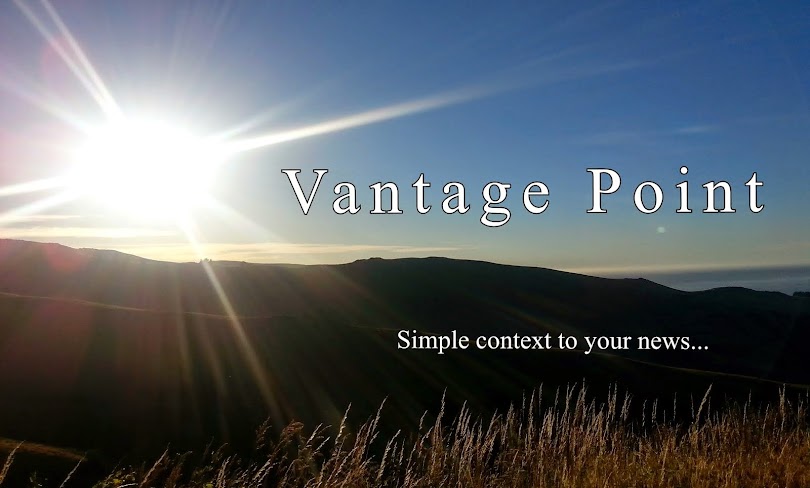Key Points:
Framing the debate: why our
definitions matter
The
difference between an immigrant and a refugee
The
discussion in context
It appears that immigration, once
again, will be one of the key issues these elections. As a small island state,
New Zealand is understandably concerned with border security and regulating the
incoming of foreigners. While a healthy discussion around immigration is
desirable, it is important that such discussion is undertaken in an informed
manner. The focus of this piece will be on a specific facet of this
conversation: the difference between immigrants and refugees.
Immigrants are individuals who make
the choice to come and stay in New Zealand. Their motivations for choosing New
Zealand vary; maybe they have family here, or are seeking better job
opportunities. The acceptance of immigrants is strictly regulated and their
qualification as a New Zealand citizen is (amongst other things) determined by
considering their family ties to New Zealand, and the particular skills and
assets they would bring into the country. Immigration has benefits for New
Zealand as it allows us to source skills and finance that may be lacking within
our country. Discussions about the restrictions we place on immigration are
part of a continuing conversation that will adapt to New Zealand’s changing
needs over time. Immigration is, and will continue to be, an important issue in
every election.
As we enter another election year it
is important that we remain informed about the issues around us. Discussing the
policy that New Zealand should have towards accepting foreigners into our
country is no different. While there are a number of complicated issues within
immigration, it is clear that refugees and immigrants seek to live in New
Zealand for different reasons. Immigrants choose to move here, whereas refugees
simply seek a home where they can be safe from harm.
[1] Convention relating to the Status of Refugees, adopted on 28 July 1951, entered into force on 22 April 1954 at Art. 1A.
